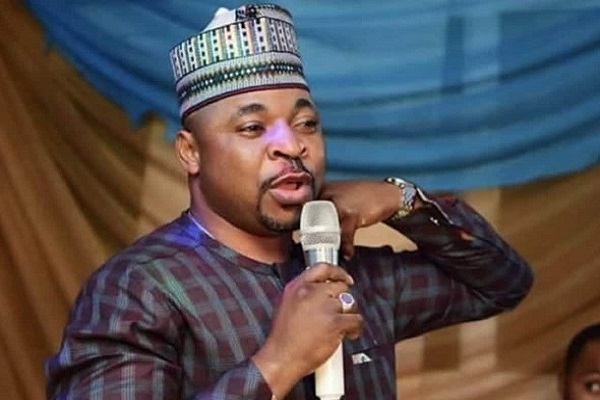Zainab Ahmed, minister of finance, budget and national planning, says oil revenue shortfall and petrol subsidy deductions are challenging the full implementation of the 2022 budget.
Ahmed said this on Wednesday when she appeared at the house of representatives committee on finance to present the performance of the 2022 budget.
She said the achievement of the nation’s revenue target has been adversely impacted by the decline in the oil revenue target.
In August, the Central Bank of Nigeria (CBN) said the country generated N799.10 billion from oil sector in the first quarter of 2022. The figure represented a 28.3 percent decline from N1.11 trillion in the fourth quarter of 2021.
Advertisement
While oil revenue amounted to N799 billion in three months, TheCable reported that petrol subsidy payments gulped N675 billion same period.
Presenting the 2022 budget performance on Wednesday, Ahmed said the federal government is taking measures to improve the country’s revenue.
“The full implementation of the 2022 budget is challenged particularly by oil revenues that are falling target at 27.1 percent as of August. Crude oil production challenges and PMS subsidy deductions by the NNPC constitute a significant threat to the achievement of our revenue growth target as seen in the oil and gas performance 2022 as of August,” the finance minister said.
Advertisement
“Revenue generation remains the major fiscal constraint of the federation. The systemic resource mobilisation problem has been compounded by recent economic recessions we have witnessed, one during the first term of this administration in 2016, and the most recent one in 2020. But effort has mainly focused on improving tax administration and collection.
“The finance act 2020 that pegs the revenue to expenditure ratio of the government own enterprises at 50:50 has helped us greatly in ramping up revenues from the government-owned enterprises and the fact can be seen in the performance of the GOEs revenue of 1.3 trillion as of 2021.
“We are also putting effort into improving non-oil taxes and this is showing in the result of the performance of the non-oil target showing clearly that the non-oil revenues are performing below target and in fact, the non-oil revenues are now over 70 percent of the revenue performance of the federal government budget.”
Fielding questions from the lawmakers on what the federal government is doing to address inflation in the country, Ahmed said President Muhammadu Buhari has authorised the national food security council to meet and generate solutions to address the high cost of food prices.
She explained that the high cost of diesel was contributing to high prices of food.
“In Nigeria, we also have inflation and one of the buckets of inflation is food inflation. This can be seen in the high cost of energy and diesel,” Ahmed said.
“We find this showing up in food prices. Prices are going up because diesel prices are high. So when farmers produce their goods and they have to transport the goods to the market. The NBS data shows that food prices have actually declined but the cost of production is continuously increasing and impacting the cost of goods and unfortunately affecting our people.
“From the monetary side, what the CBN is doing is continuing to manage inflation by monetary tightening and by mopping up liquidity.
Advertisement
“On the side of the government, the president has authorised the national food security council and we have held meetings — even yesterday — on how some support will be provided.
“One of the means will be releasing stocks from the strategic reserves but also looking at how to provide some support in form of input in fertilizer production as well as input.”
The minister added that the food security council, will “in the next couple of days” provide recommendations to the president that will, later on, be announced for implementation.





